Digital Happiness in Japan
Menno Van Doorn along with our Group CTO Michiel Boreel took a trip to Japan. Read more about their trip where they learn about Japanese Culture and technology;
What is the happiest country in the world?
世界で最も幸せな国は?(What is the happiest country in the world?): the answer is Finland. Japan is ranked nr. 54 on the list of the World's happiest countries.
There's a huge happiness gap between the Nordic countries and Japan. Why? What's so different here? And what is (digital) happiness in Japan anyway?
People sleep in the subway. It's not an uncommon picture. These so called "Salary men" leave the office at 10 pm. This is not a picture I took, but I've seen many business men in the subway after 10 pm. And any of them looked exhausted.
Society 5.0
The Japanese government launched a special program called Society 5.0. It is interesting to see that social issues like the one shown here above, is the driving force. Of course the society 5.0 is heavily supported by advanced technologies like IoT and Robotics. But the government has put human beings, humans and their happiness, explicitly on nr. 1. They call it "Super Smart"
Society 5.0 is defined like this:
A human-centered society that balances economic advancement with the resolution of social problems by a system that highly integrates cyberspace and physical space
The main social issue is the shrinking economy in a non-diversified society. At the same time the government wants to restrict (as part of the 5.0 project) the amount of extra hours people work. For obvious reasons as you can see expressed in the photo. Man are working too hard and don't spend time with family. Low birth rates are likely to be the cause of the exhaustion, which leads to a declining population. It is calculated that there are 51 million less people in Japan by 2065.
Ikigai vs Hygge
Ikigai is a Japanese version of happiness : finding purpose in what you do. The Danish version of happiness is called Hygge, and the two are quite different. Hygge is a sort of cosiness, an intimacy you seek with friends and family. Ikigai is a journey towards finding meaning and not per se related to candle light a good glass of wine and social talk - aka Hygge. The definition we use in our Happiness Report is broader. It comes from Martin Seligman and the school of positive psychology and contains both, ikigai and hygge.
Both philosophies have become happiness export products of their country (Denmark, Japan). But Denmark is a much happier country. It looks like there is an unbalance between the social purpose of life in Japan and the working purpose of life. If anything shows form the piles on research on happiness, is that the nr. 1 happiness factor is intimate relationships and socializing.
The laughing buddha
We visited a Buddhist temple where we met this young (and happy) Buddha Monk. Buddhism and Shintoism are the two main religions in Japan. Of course being pre-occupied with happiness, I started looking for the Buddhist definition of happiness. It made me understand the Japanese culture a bit more while reading about 'equanimity'.
Buddha's contemporaries described him as "ever-smiling" and portrayals of Buddha almost always depict him with a smile on his face. But rather than the smile of a self-satisfied, materially-rich or celebrated man, Buddha's smile comes from a deep equanimity from within.
I learned that In Buddhism, equanimity - peace of mind - , is achieved by detaching oneself from the cycle of craving that produces dukkha (suffering). So by achieving a mental state where you can detach from all the passions, needs and wants of life, you free yourself and achieve a state of transcendent bliss and well-being. The path to happiness is mindfulness. And perhaps that's why the Japanese are so good in creating perfection. What they do, they do with great attention. But when you're there, well, you think they might be overdoing it a little bit. Can you ever be happy when you are so pre-occupied with perfection?
Measuring happiness: The Hitachi Badge
More socializing more happiness, more happiness the higher the productivity. This was one of the key findings from Japan's leading digital happiness researcher, professor Kazuo Yano. The badge is a Hitachi product that measures human emotional expression and group interaction. Research done at a call center showed that social interaction during coffee breaks lead to higher productivity for instance. The Japanese are no different. Happiness is all about social relationships. Loneliness is the enemy of happiness. But the Buddhist monk might disagree.
Kansai: designing for happiness
Happiness should be designed. Not by appointing a Chief Happiness Officer of course, but by creating the circumstances for happiness to appear. For instance by looking at the principles of affective computing. The Japanese version of affective computing is called Kansei Engineering. It is being applied for designing better products. Would it be possible to apply Kansei not only products, but on society as a whole? Perhaps a fusion between professor Calvo's Positive Computing, Tristan Harris' Time Well Spent and the Japanese Kansai method?
The Client Event
As you probably know, the ritual of giving and receiving business cards in Japan is very important. It shows respect and the card itself stands for the soul of the individual. Since the Sogeti brand is not active in Japan (yet :-), we only put the SogetiLabs name on the blue colored cards. Supplied by Mochi-san (Mochizuki Masahiko), our Japanese country leader.
A good test for our understanding of the differences in culture & technology is this picture we used.
It's West versus East. The western version shows our power over technology (We are better than nature). Spontaneous laughs form the attendees confirmed, think they recognized it. The pictures shows an American fountain on the right, a Japanese one on the left. The Japanese version is focussed on improving nature: it amplifies what is there already (you can hardly see the technology). It is about perfecting nature. And nature and technology have become one. At Yamaha they call this concept Jin-Ki Kanno:
Technology born from Jin-Ki Kanno seeks to deliver users the seductive exhilaration felt when they truly become one with their machine.
Humans and AI becoming one
A second test was a questionnaire. When we asked the attendees whether they (Japanese) would leave the care for their parents and children in the hands of a robot, 80% said yes. When we asked whether AI will create more jobs or kill more jobs, 70% was optimistic: more jobs.
70% said AI will create more jobs
In Europe, US probably the figures would the quite different. See our previous reports, The Frankenstein Factor: the anatomy of fear for AI, on the difference between the Japanese Shinto-view on technology versus the Mary Shelley (Frankenstein) view, if you want to read more. Becoming one with technology is a narrative that has a long tradition. Astro Boy for instance has fused with technology, he has an atomic heart. Combining humans with technology always wins at the end, but it is a positive story. Unlike Frankenstein.
Japan is a slow innovator, but fearless concerning the technological future. It gives the country a unique position. Combined with the big social issues, it could become much better in implementing new man-machine relationships. After all, necessity is the mother of all inventions. Ikigai and Kansai could lead the way.
Finally: Techno Therapy for Everyone
What should Japan do to become one of the happiest countries in the world? That was the final question at our digital happiness session. Someone in the room said we should make children smile more, a poetic view. But children should also pay the pensions of the elderly, which is creating more tensions in society. The final remark was made by someone at the back, a young woman. She said Japan needs coaching. People don't speak about what they feel, and they should. The western approach would be to go in psychotherapy. Maybe we all should. Not only to learn to speak about our feelings, but also to learn to cope with the fast changing world.
Read more from our Digital Happiness Report
 |
Read more in 'The Happiness Advantage' Report |
+31 6 51 27 09 85

+31 6 51 27 09 85


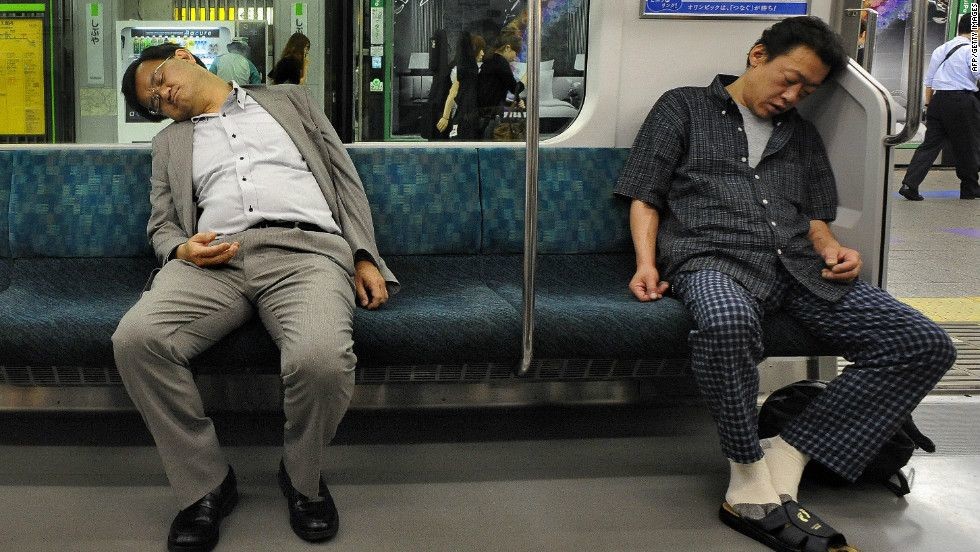
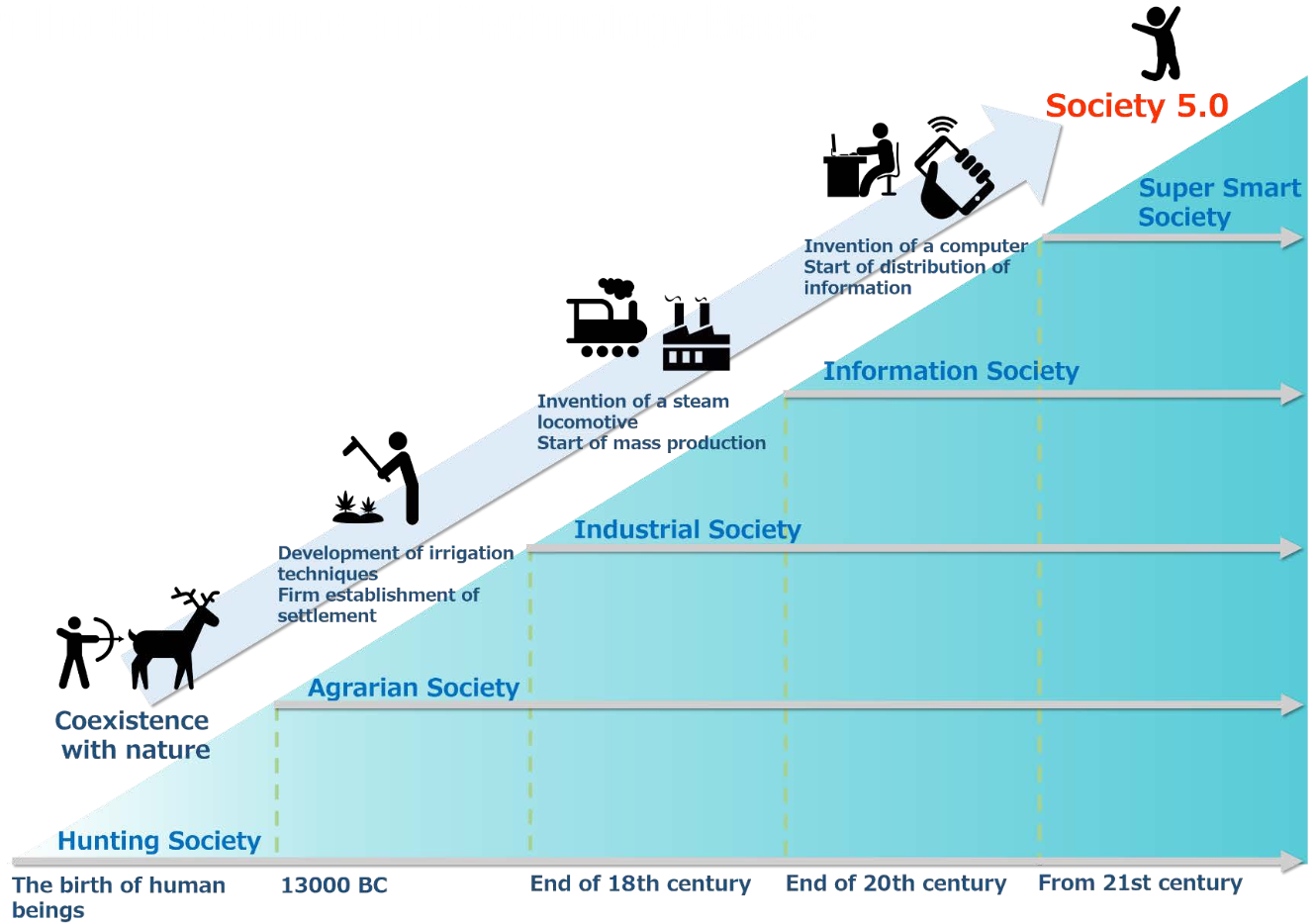
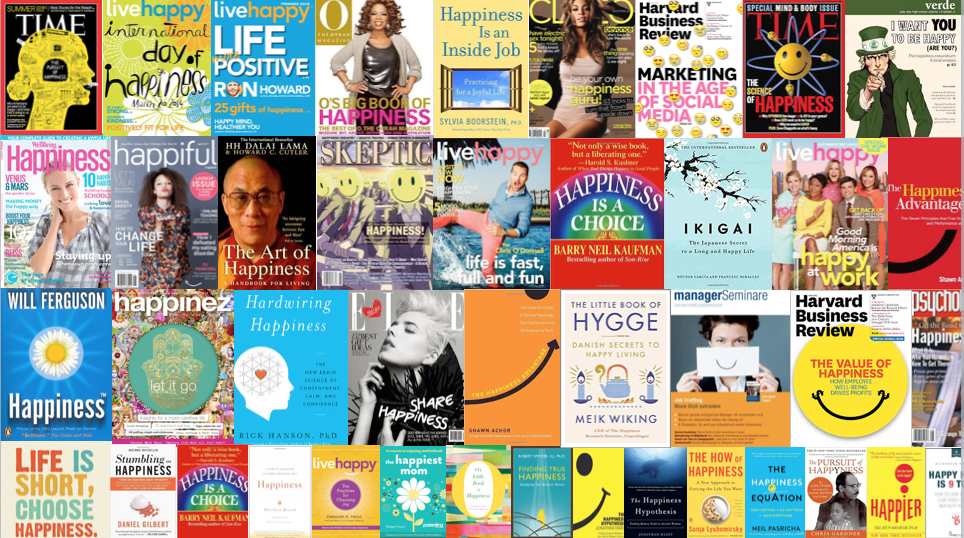
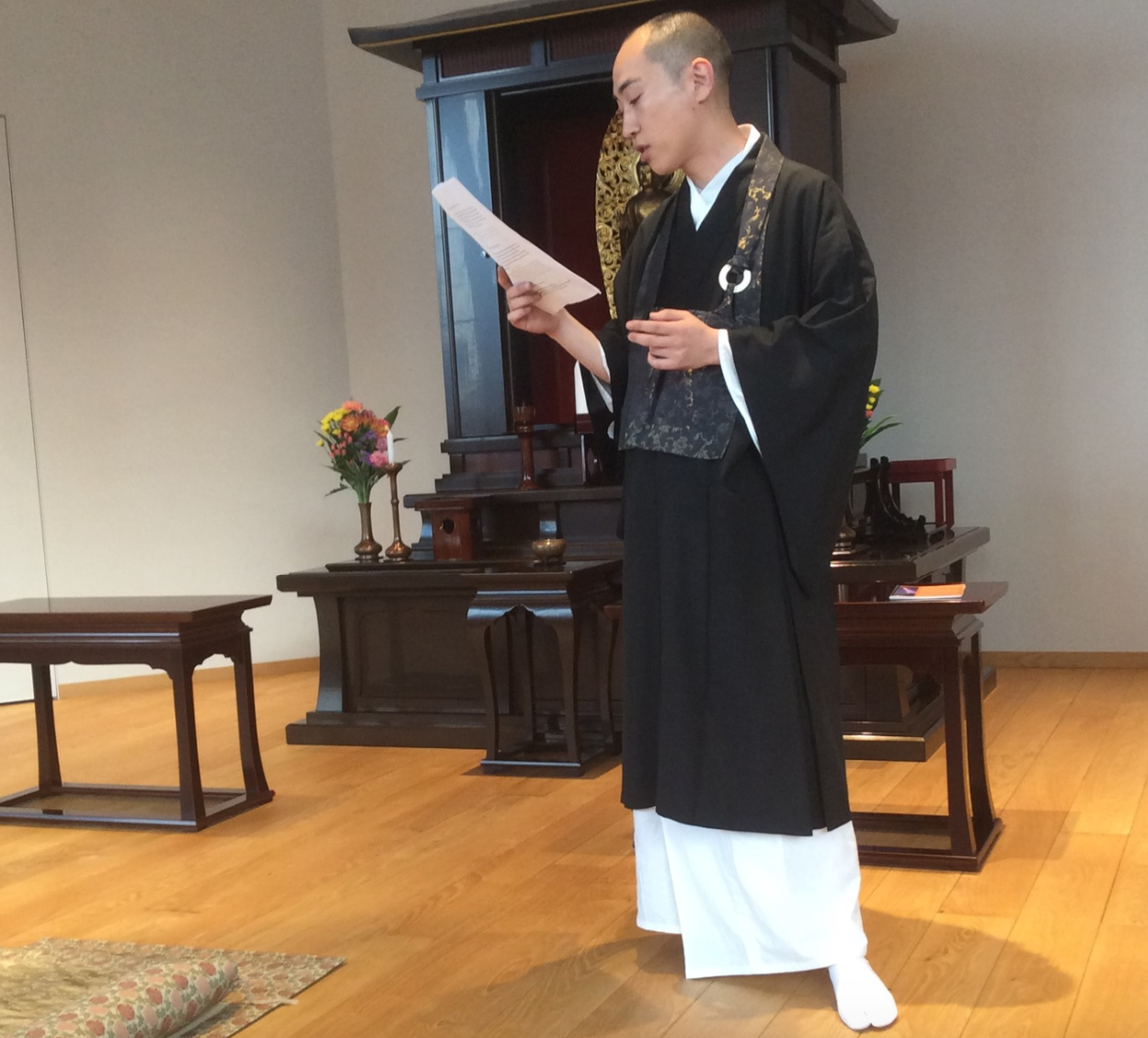
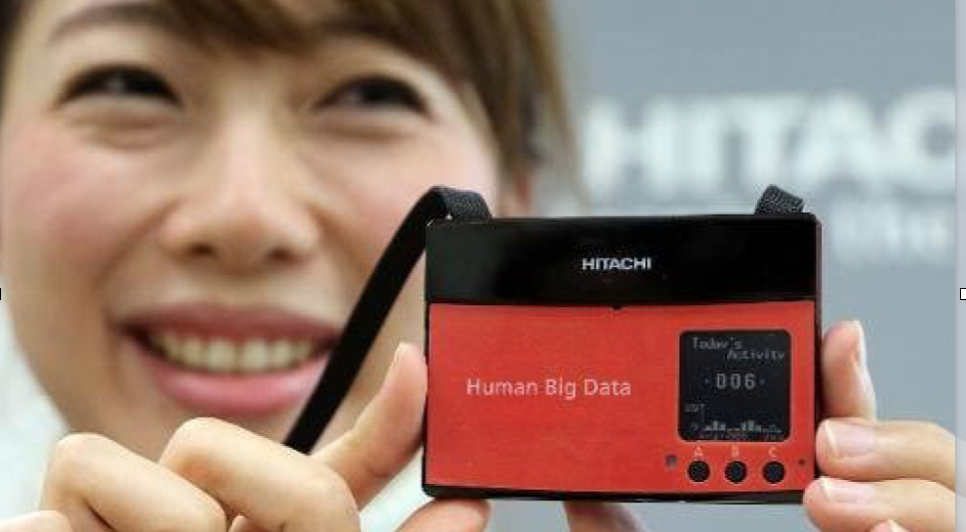
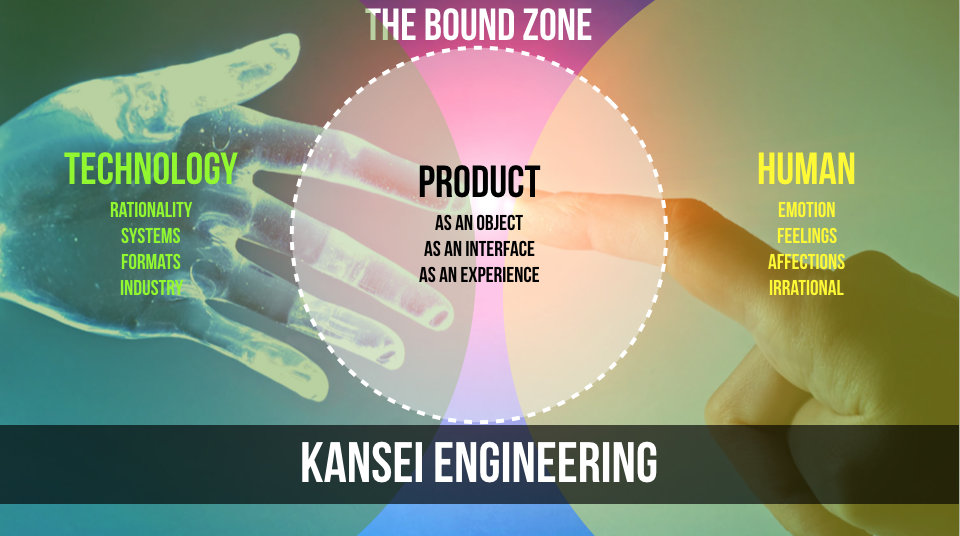
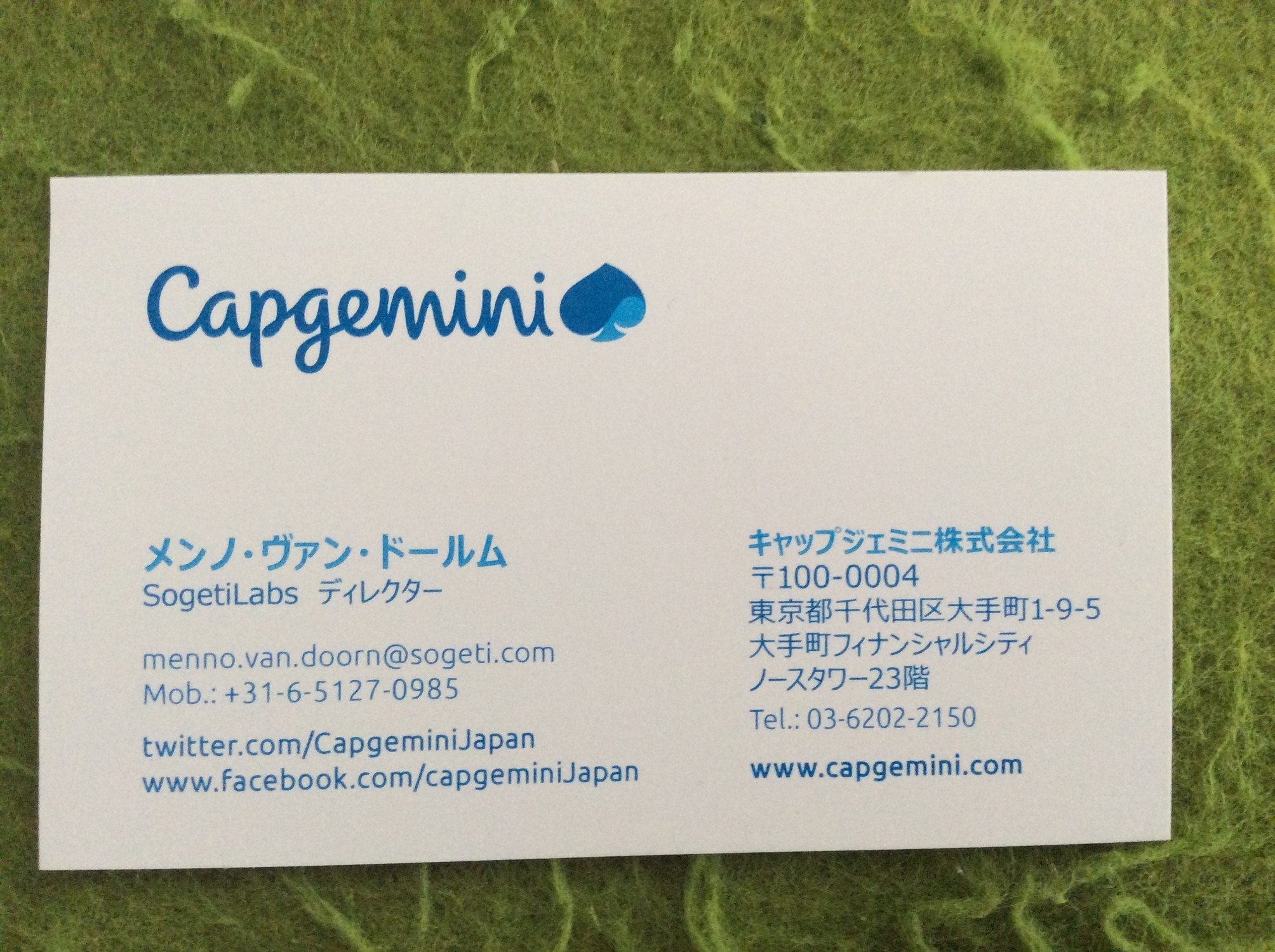
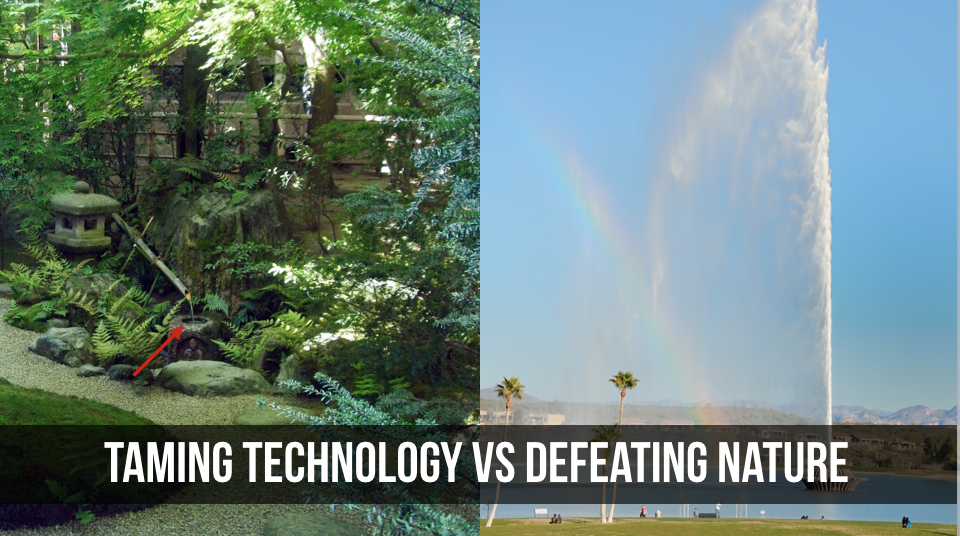
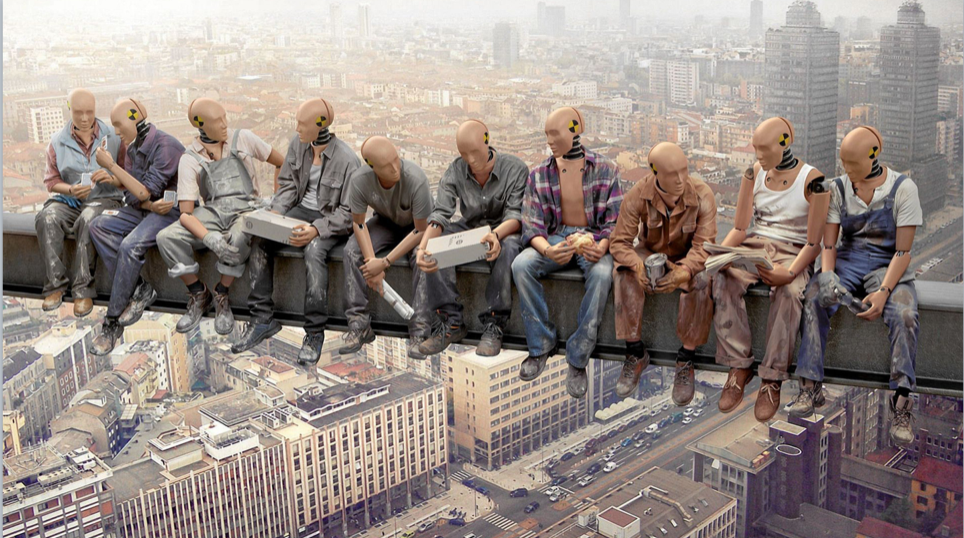



![[Missing text '/pageicons/altmail' for 'English']](/Static/img/email.png)